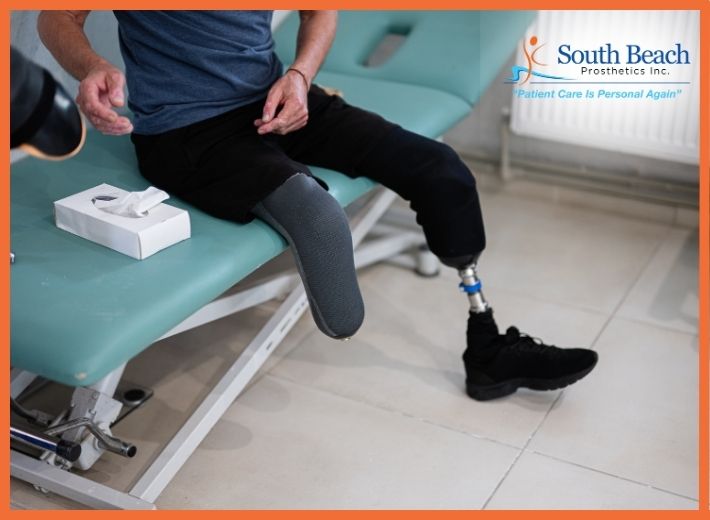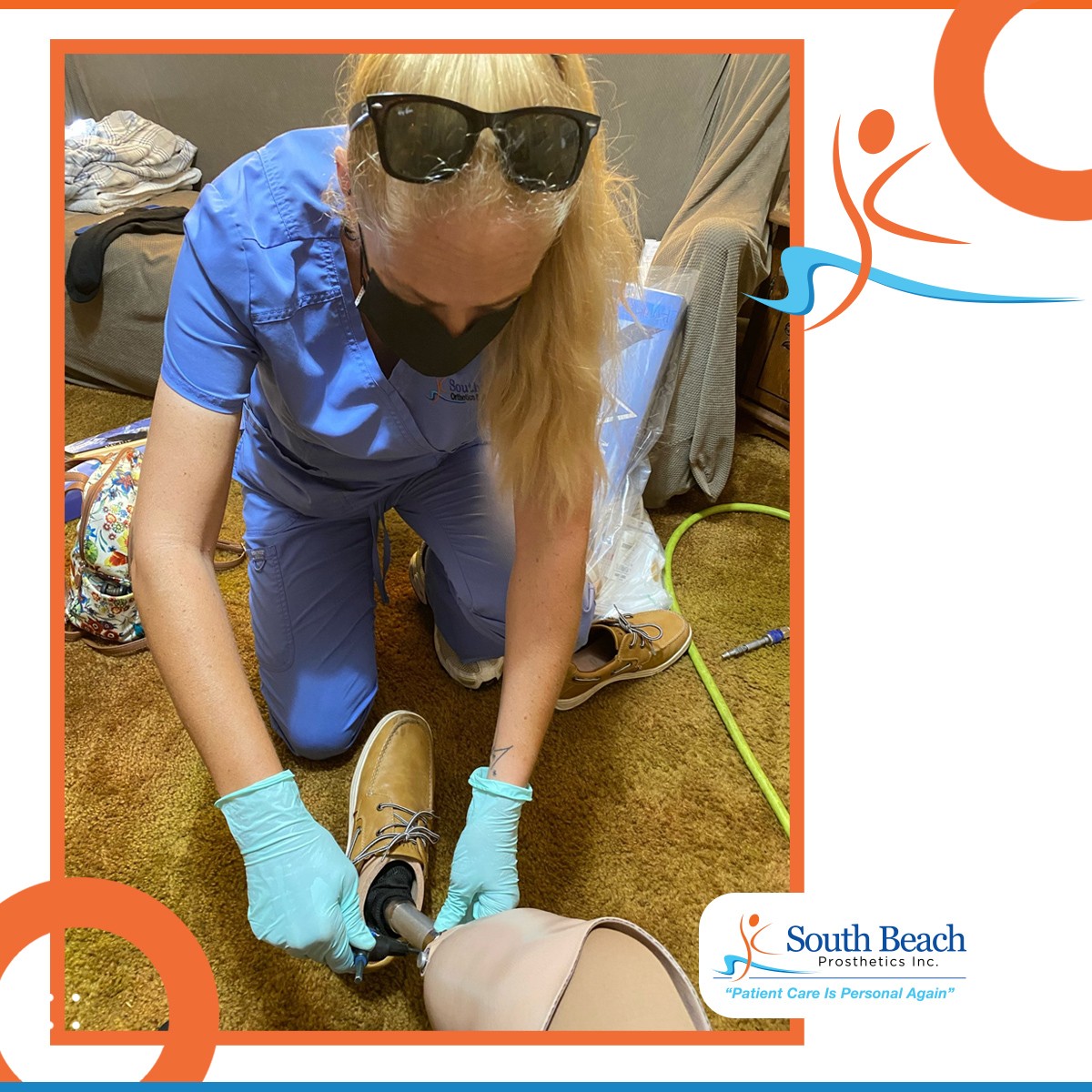Is gardening an activity you’d like to participate in? If you’ve never thought about it — here is your chance to explore the possibilities! Gardening is an exercise that has benefits for both the body and the mind. It can be a mood booster, for sure. And the fruits of your labor (sometimes literally! ?) can be priceless. Learn how to get started!
Sue Kent wasn’t angling for a media career when she sent some video of her backyard garden to BBC Two. It was 2020 and the whole world was in lockdown, so production had been suspended on the channel’s hugely popular Gardeners’ World series. Hungry for content, the producers asked viewers to record short segments from their own gardens and send them in. Kent, who was born with congenital limb difference in both arms, made a huge impression with her video tour of her seaside garden in Swansea. When Gardeners’ World resumed production in 2021, she was invited back as a guest host; now she’s a regular, with a prestigious award under her belt and a seat in the Royal Horticultural Society’s ambassadors program.
With no thumbs, seven fingers, and arms less than a foot long, Kent invented her own style of gardening. She doesn’t call it “adaptive,” however, because she considers that adjective redundant when it comes to cultivation. In her view, all gardening is adaptive—you’re working with living organisms and natural ecosystems over which you have limited control, so you just do the best you can and banish delusions of perfection.
“Gardening is all about failing,” she told a British magazine. “Adapt and survive, that’s my motto.”
That credo allowed Kent to build a successful career as a professional massage therapist, using her feet (rather than hands) to weed out the aches and pains that take root in people’s bodies. She employs all four of her limbs in the garden, with an array of hacks that have value for people with disabilities of all kinds, as well as boring old able-bodieds. Here are a few of Kent’s tips that can help any gardener get better results. Learn more from her on Instagram @suekentathome or at her website, suekent.com.
1. Select “easy maintenance” plants.
There’s no such thing as a low-maintenance garden, Kent says; all plants require attention and care. But certain species demand more frequent pruning, more arduous soil management, more intricate staging, and so forth. Kent favors self-seeding plants that renew on their own. She also makes strategic use of plants that have dense root networks, which help prevent weeds from gaining the upper hand.
2. Ensure flexibility and access via long-range planning.
With a growing season or two, a given plant may evolve from a ground-hugging seedling to a mature plant that towers overhead, creating added challenges for a person with upper-limb difference. Kent learned to solve that problem as a child, raising vegetables in small, portable boxes that she could place on surfaces of any height (from table to chair to ground) as circumstances warranted. They also were easy to transport from greenhouse to garden, depending on the season. Today, Kent carefully plans her arrangements to ensure that she will have sustainable access throughout each plant’s life cycle.
3. Create terraces via imaginative use of pots and planters.
Since Kent’s upper-limb difference constrains her reach, she employs an array of containers to raise or lower plants to an appropriate height. Her full variety of solutions is on display in her DIY Gardeners’ World segment; it includes everything from milk crates to terra cotta planters, plastic tubs, trellises, and tall ceramic pots. There’s even an ingenious “strawberry tower” with sliding compartments. The same strategies could help lower-limb amputees with back pain, limited range of motion, or other challenges.
4. Use the right tools.
With no thumbs and limited upper-body strength, Kent can’t get much use from many standard gardening implements. Ergo she avoids arrangements that would require regular use of shears, hoes, rakes, and shovels, inclining toward species that can be managed well with trowels and pruning clippers. Likewise, Kent’s compost bins and buckets are proportioned in accordance with her physical abilities.
“Having a physical difference, whatever it is, can create barriers in the garden,” Kent says. “But it’s worth working around them, because the rewards are so great and it brings such joy. I believe in focusing on what I can do in life. My physical ability informs my creative thinking.”
The loss of a limb does change your life, but your passions remain the same. With cutting-edge prosthetic techniques and materials, combined with our total passion for patient satisfaction and comfort, we work to get you back to living a life you love. Contact us today at (888) 819-4721 to get the best prosthetic care. Find our Facebook community here.
Reference: [https://livingwithamplitude.com/amputee-gardener-sue-kent-bbc-royal-horticultural-society/]



